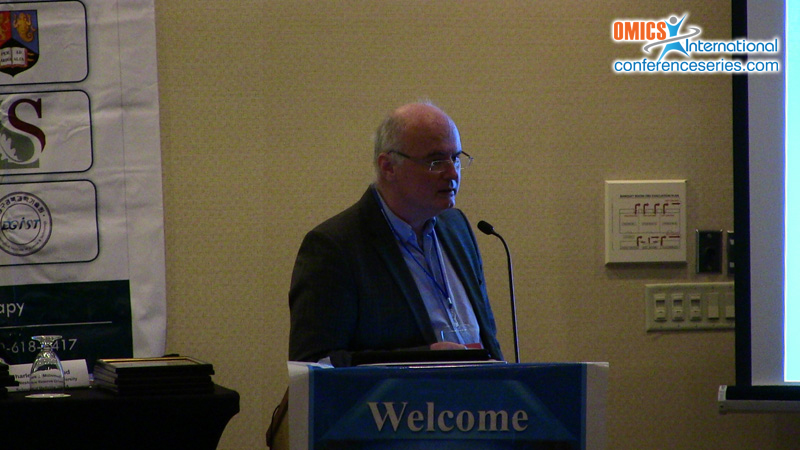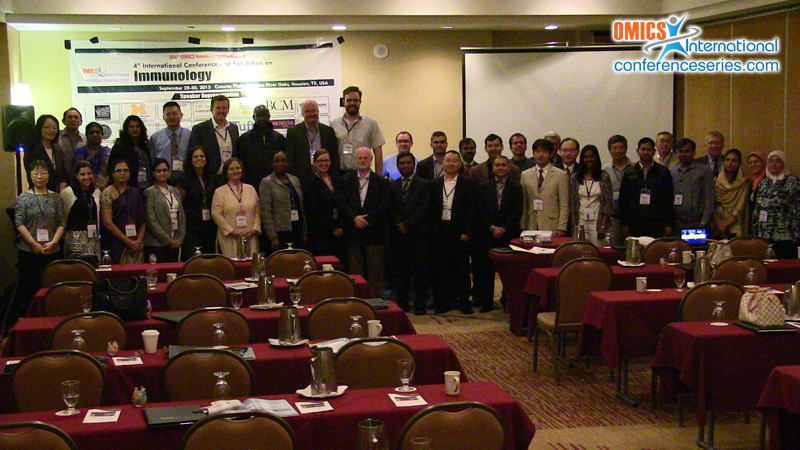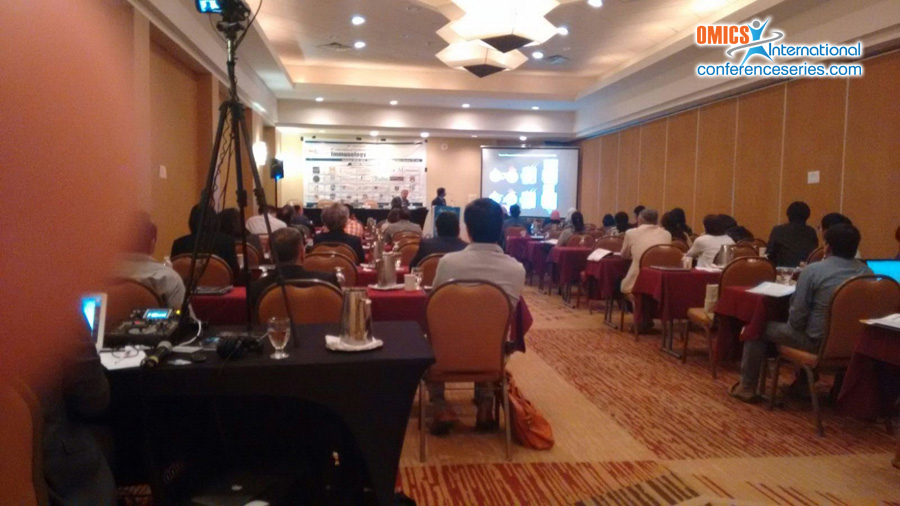
Robert H. Schiestl
University of California, USA Professor of Pathology, Environmental Health and Radiation Oncology UCLA Schools of Medicine and Public Health, USA
Title: Intestinal and lung inflammation cause systemic genotoxicity throughout the body
Biography
Biography: Robert H. Schiestl
Abstract
Chronic ulcerative colitis (UC) leads to increased risk of colorectal cancer. Dextran sulfate sodium (DSS) administration to mice is a widely used model for UC and UC-associated neoplasia, however mechanisms involved in the early inflammation to dysplasia sequence still remain elusive. The purpose of this study was to characterize and quantify systemic effects of acute and chronic DSS-induced intestinal inflammation in terms of genotoxicity. Several genotoxic endpoints in peripheral leukocytes including formation of DNA single and double strand breaks and oxidative DNA damage, as well as presence of micronuclei in normochromatic erythrocytes were assessed in the peripheral blood for three consecutive cycles of DSS treatment (1 cycle = 7 days DSS treated water + 14 days normal water). Genotoxicity to peripheral leukocytes was evident in the form of single and double strand breaks accompanied by oxidative base damage in both the acute and chronic phases of DSS-induced inflammation. Micronucleus formation was also significantly induced in erythroblasts. Levels of DNA damage generally decreased during remission and increased during treatment, correlating with clinical symptoms. Systemic inflammation, demonstrated by modulation of expression of Th1 and Th2 cytokines in the peripheral blood, was also evident, accompanying the observed DNA damage. Lung inflammation also causes systemic genotoxicity. We propose that systemic genotoxicity results as a consequence of inflammation, since DSS is not directly genotoxic and is not absorbed. A further propagation of the inflammatory response accompanied by DNA damage may therefore contribute early on to genetic instability, necessary for progression to UC-associated dysplasia and cancers.
Speaker Presentations
Speaker PPTs Click Here



